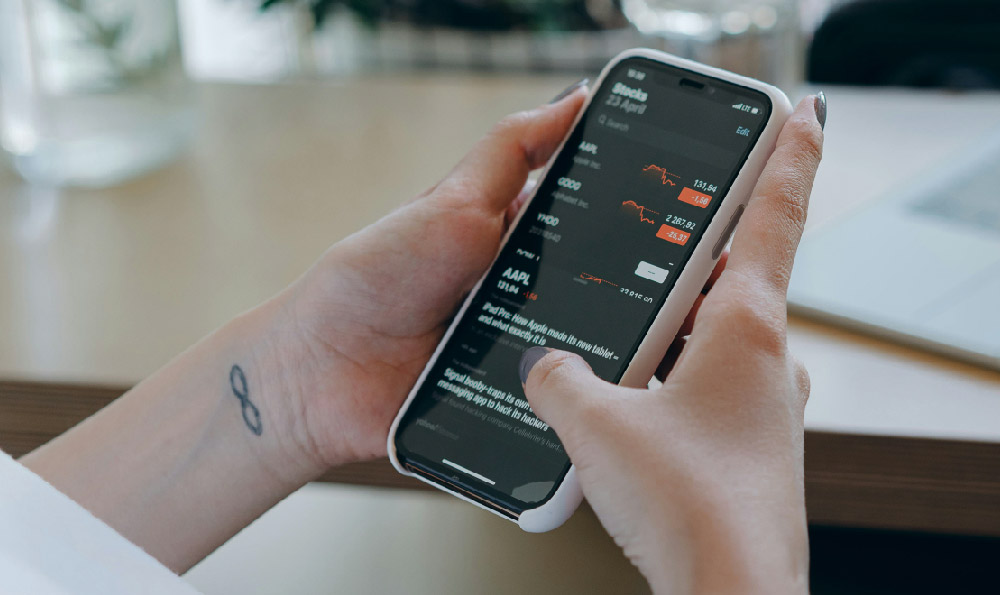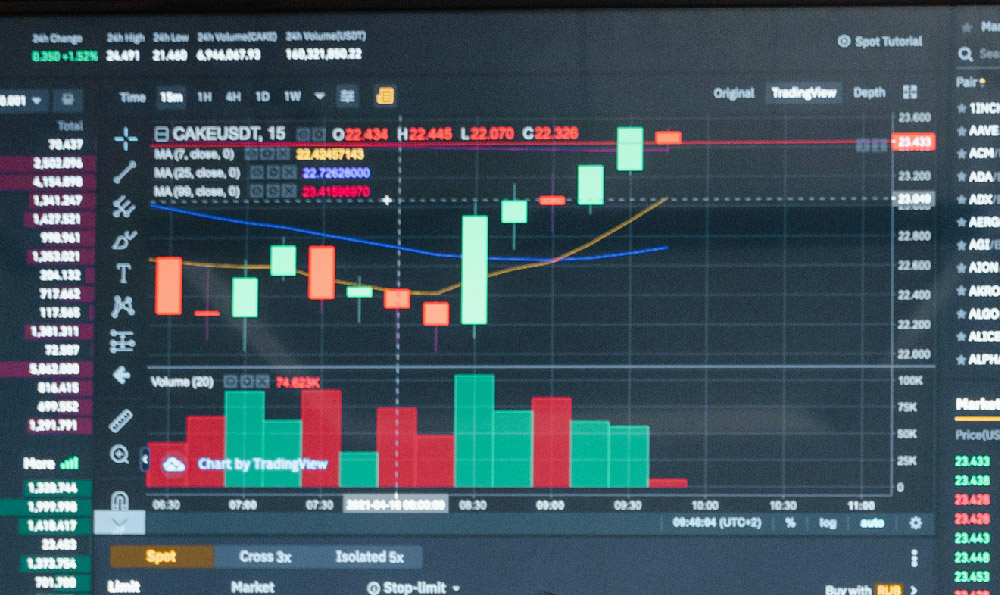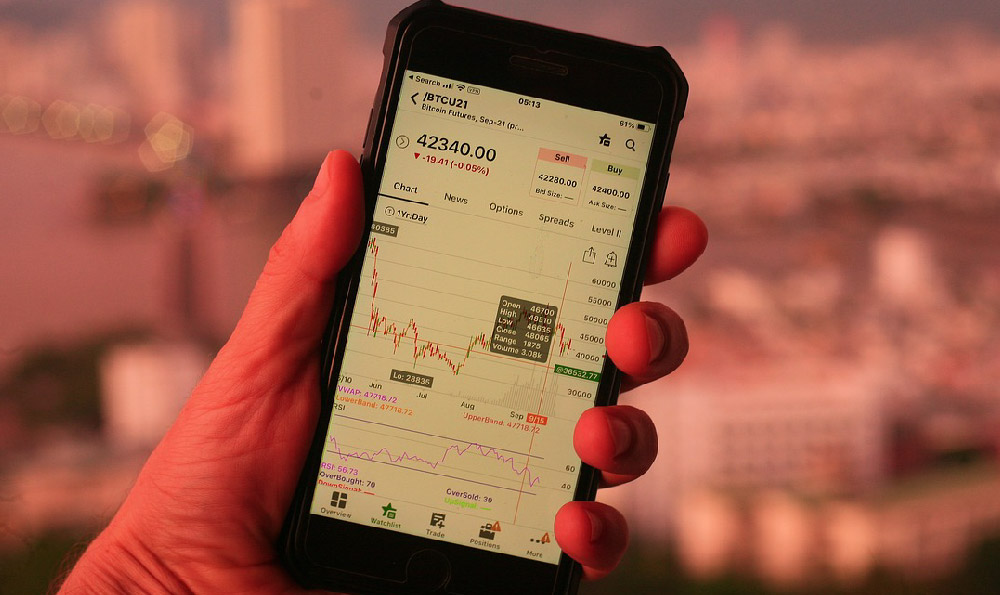Smart Authorization Policies: Are You Keeping Bit Secure, and How?

Smart authorization policies are the cornerstone of a secure and resilient Bitcoin ecosystem. In the decentralized world of cryptocurrency, where trust is often implicitly placed in code and cryptographic protocols, robust authorization mechanisms are essential for safeguarding funds and preventing malicious actors from gaining unauthorized access to valuable assets. Understanding the nuances of Bitcoin's authorization mechanisms, identifying potential vulnerabilities, and implementing best practices for securing private keys are paramount for anyone involved in the cryptocurrency space, whether you're an individual investor, a custodian managing large sums of digital assets, or a developer building the next generation of Bitcoin applications.
At the heart of Bitcoin's authorization model lies the concept of private keys. These cryptographic keys are analogous to the passwords that grant access to your bank account. Anyone who possesses the private key associated with a Bitcoin address has the authority to spend the Bitcoin controlled by that address. This simple yet powerful mechanism forms the basis for all Bitcoin transactions. A digital signature, generated using the private key, proves the owner's authorization to transfer funds. This signature is mathematically verifiable by anyone on the network, ensuring that only the rightful owner can spend the Bitcoin.
However, the inherent security of this system relies heavily on the confidentiality of the private key. Compromised private keys can lead to irreversible loss of funds. Therefore, the security measures taken to protect these keys are of utmost importance. One of the most fundamental security practices is to never store private keys in plain text on computers or mobile devices. Doing so exposes them to malware, keyloggers, and other threats that could steal the keys and drain your Bitcoin wallet.

Instead, consider using hardware wallets, which are specialized devices designed to securely store private keys offline. These devices isolate the keys from your computer, making it virtually impossible for malware to access them. When you want to make a transaction, the hardware wallet signs the transaction internally without ever exposing the private key to your computer. Another crucial aspect of securing private keys is generating them using a cryptographically secure random number generator. Weak or predictable random numbers can make it easier for attackers to guess your private key.
Beyond basic private key management, multi-signature (multisig) wallets offer an enhanced level of security. Multisig wallets require multiple signatures to authorize a transaction. For example, a 2-of-3 multisig wallet requires two out of three designated private keys to sign a transaction. This approach mitigates the risk of a single private key being compromised, as an attacker would need to compromise multiple keys to steal the funds. Multisig wallets are particularly useful for businesses and organizations that need to manage Bitcoin funds collaboratively. They provide a mechanism for sharing control and preventing any single individual from having sole authority over the funds.
Furthermore, understanding the intricacies of Bitcoin's Script language is crucial for implementing advanced authorization policies. Script is a stack-based programming language used in Bitcoin transactions to define the conditions under which Bitcoin can be spent. While it's not Turing-complete, Script allows for a wide range of complex authorization policies to be implemented. For example, you can create a transaction that requires a specific number of confirmations before it can be spent, or you can create a time-locked transaction that can only be spent after a certain date. Script also allows for the creation of more sophisticated multisig schemes, such as those that require different combinations of signatures depending on the situation.
Another area of concern involves potential vulnerabilities in Bitcoin wallets and software. It’s paramount to use reputable and well-vetted wallets. These wallets undergo rigorous security audits, and their developers are committed to fixing any vulnerabilities that are discovered. Before choosing a wallet, research its security track record, read reviews from other users, and check for any known vulnerabilities. Keep your wallet software up to date. Software updates often include security patches that address newly discovered vulnerabilities. Failing to update your wallet can leave you vulnerable to attacks that exploit these known flaws.
Beyond individual user actions, the security of the Bitcoin network as a whole depends on the vigilance of developers and researchers who are constantly working to identify and mitigate potential vulnerabilities. This collaborative effort is essential for maintaining the integrity of the Bitcoin system and ensuring its continued security. Regularly reviewing the code, reporting any potential issues, and participating in security audits contribute to a more robust and secure Bitcoin environment.
It is also important to recognize the evolving threat landscape. As the value of Bitcoin continues to increase, so does the motivation for attackers to find new ways to steal it. Therefore, it is essential to stay informed about the latest security threats and best practices. Regularly consult with security experts, read security blogs, and participate in online forums to stay up-to-date on the latest developments in Bitcoin security. By staying informed and vigilant, you can significantly reduce your risk of becoming a victim of a Bitcoin security incident.
In conclusion, securing Bitcoin requires a multi-faceted approach that includes robust private key management, the use of multisig wallets, a thorough understanding of Bitcoin Script, diligent software updates, and a commitment to staying informed about the latest security threats. By implementing these best practices, you can significantly enhance the security of your Bitcoin holdings and protect yourself from the ever-evolving risks in the cryptocurrency space. Taking these precautions is not merely an option but a necessity for responsible participation in the Bitcoin ecosystem. It ensures the safety of your digital assets and contributes to the overall security and stability of the network.















